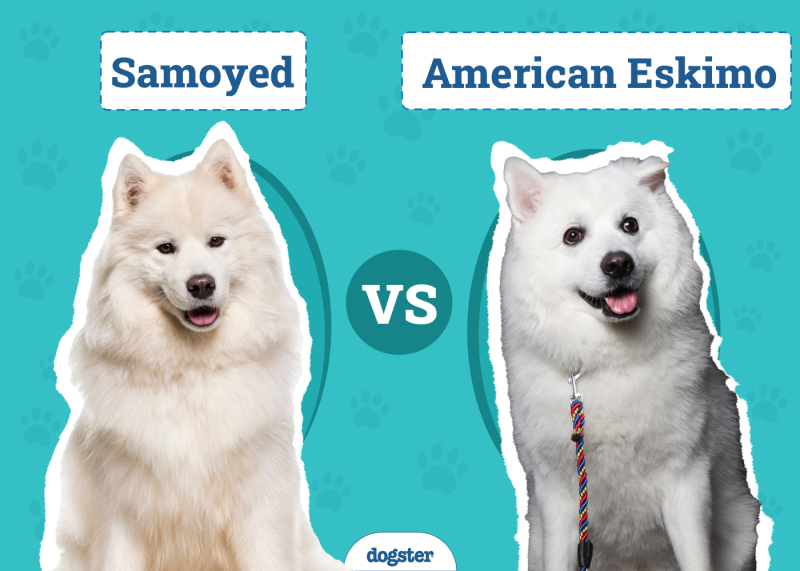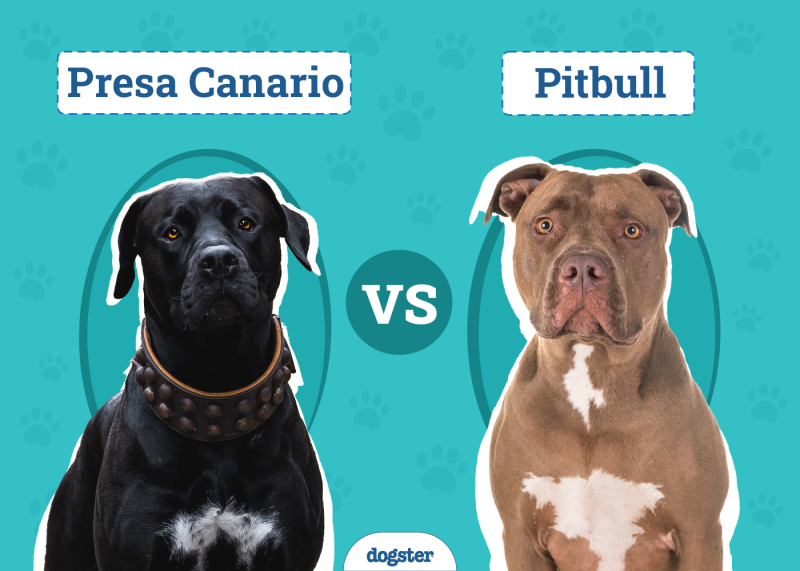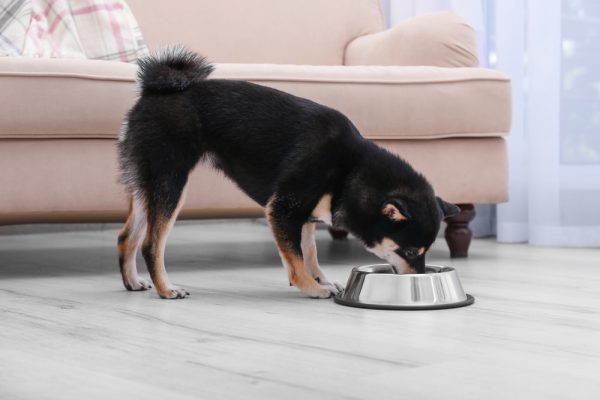In this article
If your poor pup just got hurt, you may be wondering if you can use hydrogen peroxide to clean their wound. Or maybe they ingested something that they shouldn’t, and you’re considering giving them hydrogen peroxide to help them throw up. Before reaching for the hydrogen peroxide bottle in the cupboard, you should understand the risks involved.
So can you use hydrogen peroxide on dogs? The general guidelines for this are clear: Never use hydrogen peroxide on your dog unless it is specifically advised by a veterinarian. Here’s what you need to know about using hydrogen peroxide on dogs, the situations in which you can use it on your pet, the risks, and the best alternatives that you should turn to.

What Is Hydrogen Peroxide?
Hydrogen peroxide, or H2O2, is a colorless liquid with oxidizing properties. It’s used as an antiseptic and bleaching agent. Commercial brands have low concentrations (3% to 9%) of hydrogen peroxide for medicinal applications and to disinfect surfaces, such as kitchen or bathroom counters.
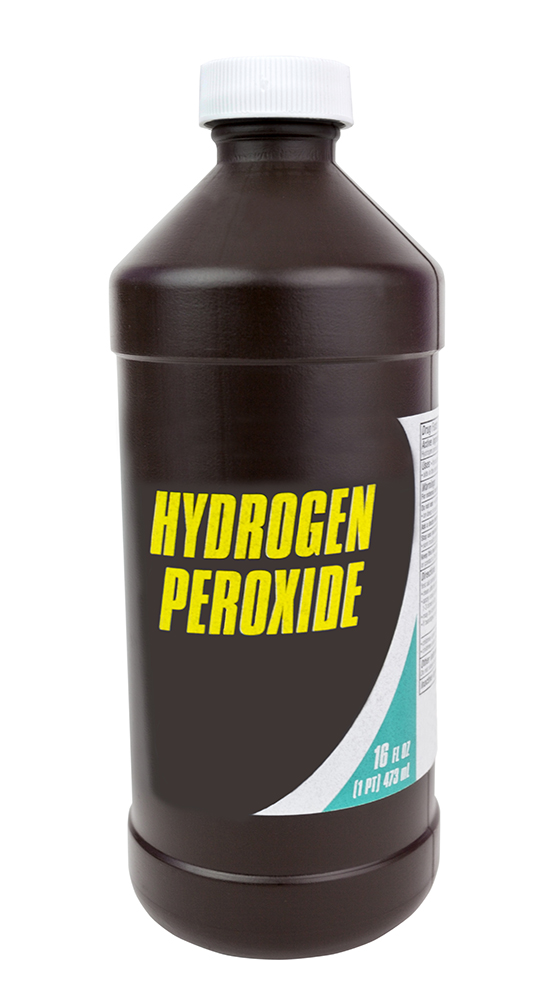
Can You Put Hydrogen Peroxide on a Dog’s Wound?
If you are in an emergency (for example, your dog was bitten by another dog), you can’t get them to a veterinary hospital quickly, and the only thing that you have on hand is a bottle of 3% hydrogen peroxide, you may use a small amount to flush out dirt and germs from your dog’s wound. But it’s better to refrain from doing so, especially if you haven’t talked to a vet yet.
H202 can prevent your dog’s wound from healing. It works by killing germs and bacteria and helping to remove debris from the wound. However, it can damage fibroblasts, the cells responsible for proper wound healing. Therefore, using hydrogen peroxide on your dog can hinder the natural healing process of their skin, leading to longer recovery times and possible complications.
So, if it’s the only antiseptic you have to clean the wound, limit the use of hydrogen peroxide to the initial cleaning. Don’t repeat its use.

Can You Use Hydrogen Peroxide to Make Your Dog Throw Up?
According to experts from the Pet Poison Helpline, hydrogen peroxide in a 3% solution may induce vomiting in dogs in certain situations.1 It makes them vomit by irritating their digestive system, often within minutes of ingesting it. However, it can also cause severe irritation and ulceration of the gastrointestinal tract.
Additionally, recent studies have shown that hydrogen peroxide can be more dangerous than previously believed, especially if administered in high or excessive concentrations. For instance, a 2016 prospective clinical study on six dogs found gastric lesions in all dogs after they were given 3% hydrogen peroxide.2
Always call a veterinarian or an emergency veterinary clinic before trying to induce vomiting in your dog. If you can’t reach avet, call the Pet Poison Helpline at (855) 764-7661 or the ASPCA Animal Poison Control Center at (888) 426-4435.
Did you know you can speak to a veterinarian without having to travel? Just head over to PangoVet. It's our online service where you can talk to a vet online and get the advice you need for your pet — all at an affordable price!


How to Clean Your Dog’s Wound Without Using Hydrogen Peroxide
To properly disinfect your dog’s wounds and ensure the best possible healing, ditch the bottle of hydrogen peroxide and opt for a safer method.
- Use a simple saline solution. This is gentle enough to be used on open wounds without harming healthy tissue. You can use a commercial product, such as a saline eye wash, or you can make it at home by mixing 1 teaspoon of salt with 1 cup of clean water. Use the solution to flush the wound.
- Use a mild soap to clean around the wound, especially if greasy or oily. Sometimes, you’ll see dirt or grease in the hair around the wound. If that is the case, use a mild soap to clean the areas around the wound, and be sure to rinse it thoroughly.
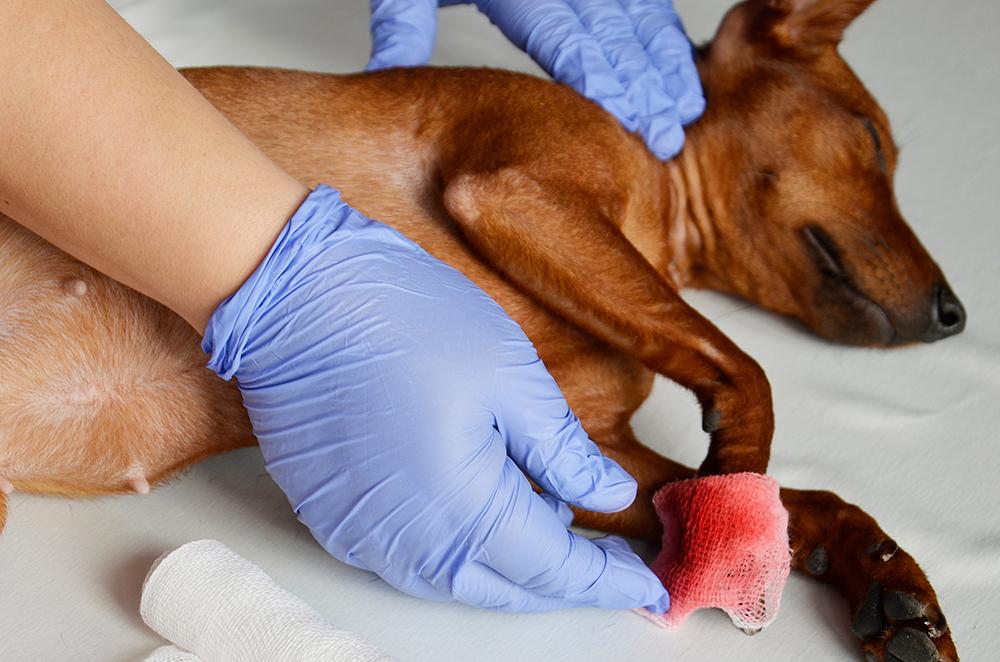

Final Thoughts
When it comes to using hydrogen peroxide on dogs, this is best avoided. While it has been used to flush out dirt and debris from minor wounds, it can also hinder the natural healing process by damaging healthy tissues. Furthermore, while a solution of 3% hydrogen peroxide may be used by vets to induce vomiting in dogs, doing so on your pet without proper guidance can be dangerous.
Always prioritize your dog’s well-being by consulting a vet before using hydrogen peroxide or other chemicals designed to treat humans.
Featured Image Credit: Noel V. Baebler, Shutterstock






